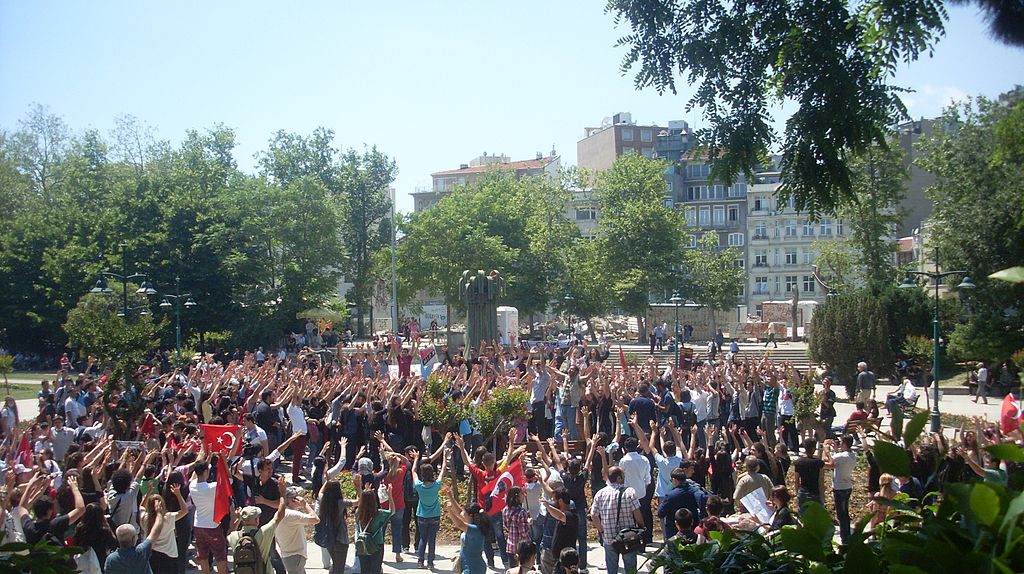Demonizing Edward Snowden: Which Side Are You On?
I suspect that many Washington journalists, especially the types who go on Sunday talk shows, feel the way Marshall does, but perhaps don’t have his level of self-awareness. It’s not just a matter of defending the Obama Administration, although there’s probably a bit of that. It’s something deeper, which has to do with attitudes toward authority. Proud of their craft and good at what they do, successful journalists like to think of themselves as fiercely independent. But, at the same time, they are part of the media and political establishment that stands accused of ignoring, or failing to pick up on, an intelligence outrage that’s been going on for years. It’s not surprising that some of them share Marshall’s view of Snowden as “some young guy I’ve never heard of before who espouses a political philosophy I don’t agree with and is now seeking refuge abroad for breaking the law.”















